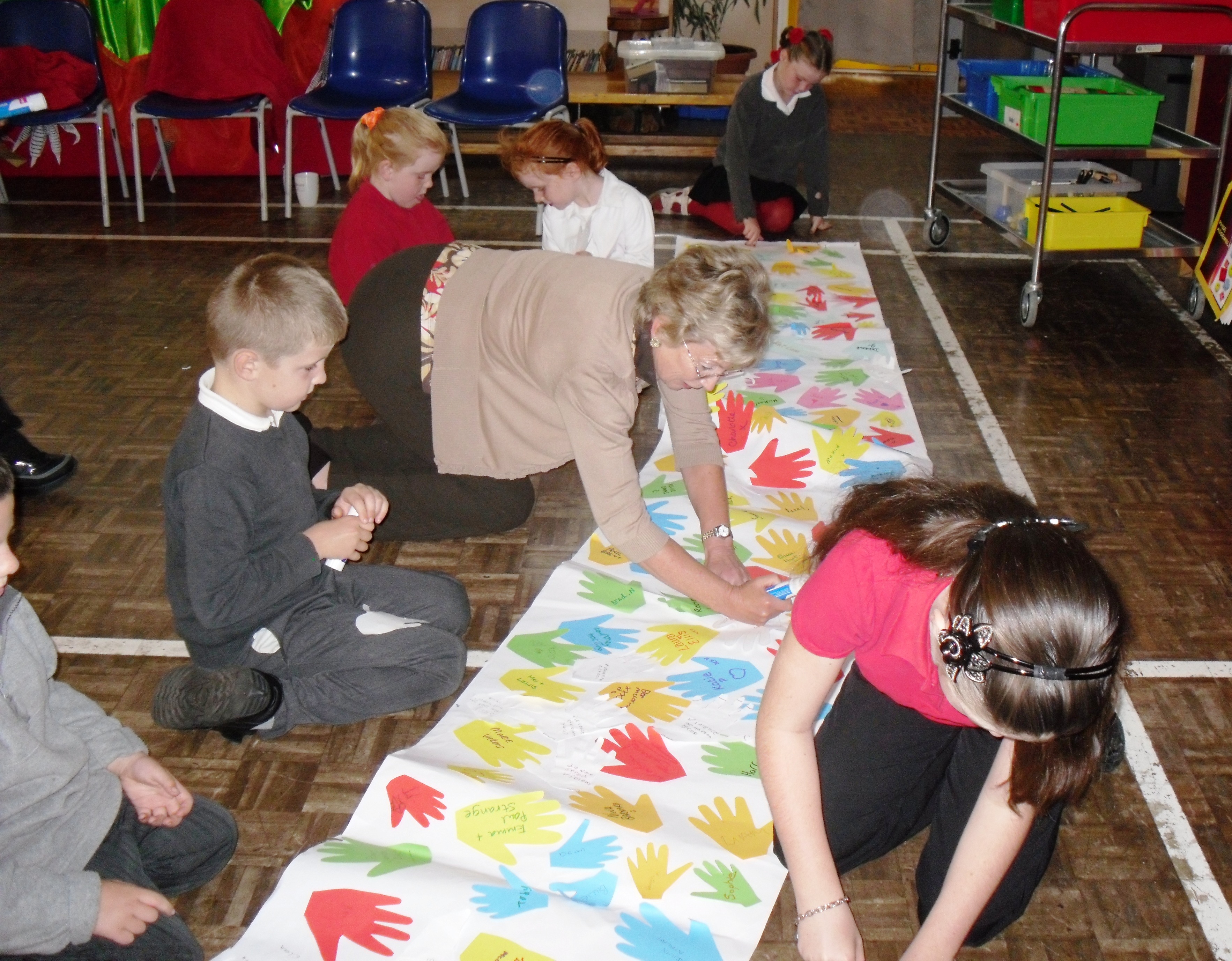What’s this all about?
At the Belfast Conference in October 2012, our club, supported by the Chelmsford Club, proposed a programme resolution, aimed at working towards preventing Violence Against Women, by ensuring that every school is obliged to introduce a programme of Relationships Education.
The resolution was carried and we then worked with Soroptimists in our Federation, in lobbying governments to think about, and implement it.
Our resolution said:
SIGBI in conference resolves to lobby governments to ensure that the curriculum includes a statutory programme of classes relating to respect for self and others, relationships, human rights and civic responsibilities in order to create a global society in which all are respected and valued
A relationships element is already included in the PHSE guidelines but schools don’t have clear directions about what to teach and although much of the teaching is good, in some schools, PHSE is a ‘poor relation’ and there is too little emphasis on the important elements of relationships, responsibilities and risks, and too little training for teachers. Some teachers lack confidence to tackle sensitive issues, and although Sex and Relationships Education is compulsary in later years of schooling, the focus tends to be on sexual relationships.
Opportunities to teach about developing respect between boys and girls and between different groups in society, when children are young and growing to maturity can be missed.
We believe that the Relationships Education element should be strengthened to include respect in relationships between those of different genders, ethnicity, cultures and sexuality, and should encompass some of the elements from Citizenship and social education teaching.
We firmly believe that it should be a statutory requirement to teach Relationships Education to all children at an age-appropriate level and have made representation to the House of Lords about this.
We are delighted that in 2017, the government announced that Relationships Education and PHSE are to become a statutory elements of the curriculum for all children aged 4 and upwards.


